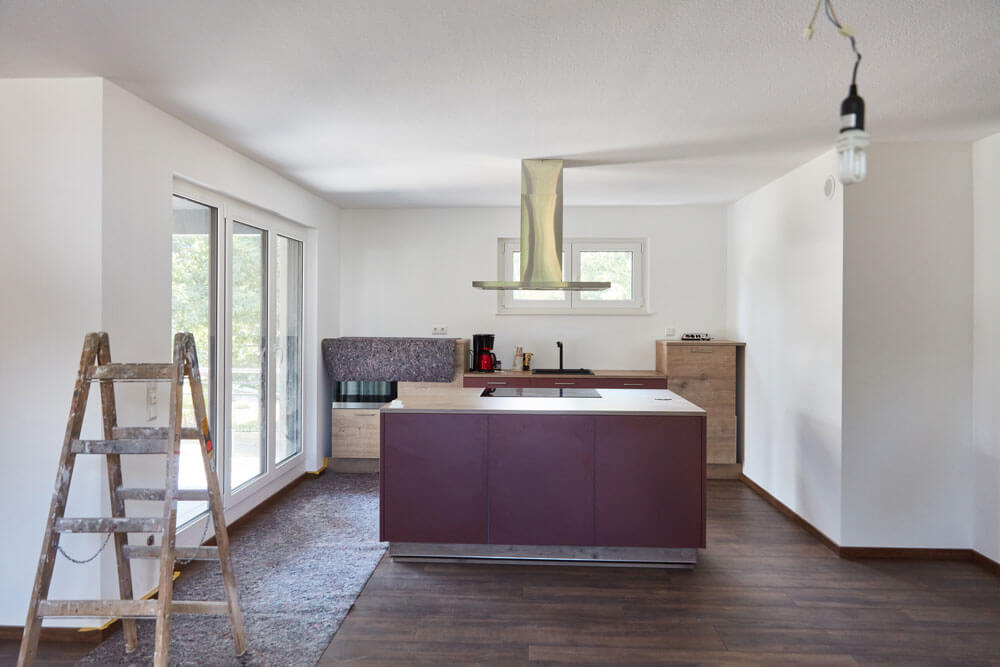Should I Renovate My Rental Property? A Guide for Property Owners
May 3, 2023
As a landlord, you may be thinking about whether it’s worthwhile to invest in property upgrades. After all, improvements can be costly and time-consuming, with no guarantee of increased rental earnings or property value.
In this post, we’ll talk about the factors to consider when asking yourself, “Should I renovate my rental property?” Let’s get started.
Should I Renovate My Rental Property?
Assessing the Condition of Your Property
The first step in deciding whether or not to renovate your rental property is to evaluate its existing state. If the property is in great condition and has no major maintenance issues, renovations may not be essential. However, if your property is showing signs of wear and tear, has outdated features, or requires major repairs, renovations may be required to maintain or increase the value of your property.
Consider the Rental Market
The rental market in your area is another key point to consider when determining whether to improve your rental property. If there’s a significant demand for rentals and rental rates are rising, investing in renovations may help you attract higher-quality renters and justify greater rental fees. However, if rental demand is low and rental rates are stagnant or decreasing, investing in renovations may not be cost-effective.
Calculating the Return on Investment
The possible return on investment is one of the most important factors to consider when deciding whether to refurbish your rental property. Renovations can be costly, so consider whether the predicted gain in rental income or property value justifies the cost. You can estimate the cost of improvements and compare it to the predicted increase in rental income or property value to evaluate the potential return on investment. Renovations may be worthwhile if the return on investment is high enough to warrant the price.
Choosing the Right Renovations
If you do decide to renovate your rental home, it’s critical to select the modifications that will produce the best return on your investment. Some renovations, such as updating the kitchen or bathrooms, can significantly affect rental rates and property value. Other renovations, such as installing a pool or costly landscaping, may not provide the same return on investment.
Consider the Long-Term Benefits
Finally, when deciding whether to renovate your rental property, keep the long-term benefits in mind. Renovations can help you attract better tenants, save money on maintenance, and raise the value of your home. Furthermore, if you intend to sell the property in the future, renovations can help increase its marketability and value.
Bottom Line
To summarize, determining whether or not to modify your rental property is a complex issue that involves careful consideration. You can make an informed decision that will benefit both you and your renters by examining the condition of your property, considering the rental market, estimating the return on investment, making appropriate repairs, and considering the long-term benefits.
Rental Property Resources:
